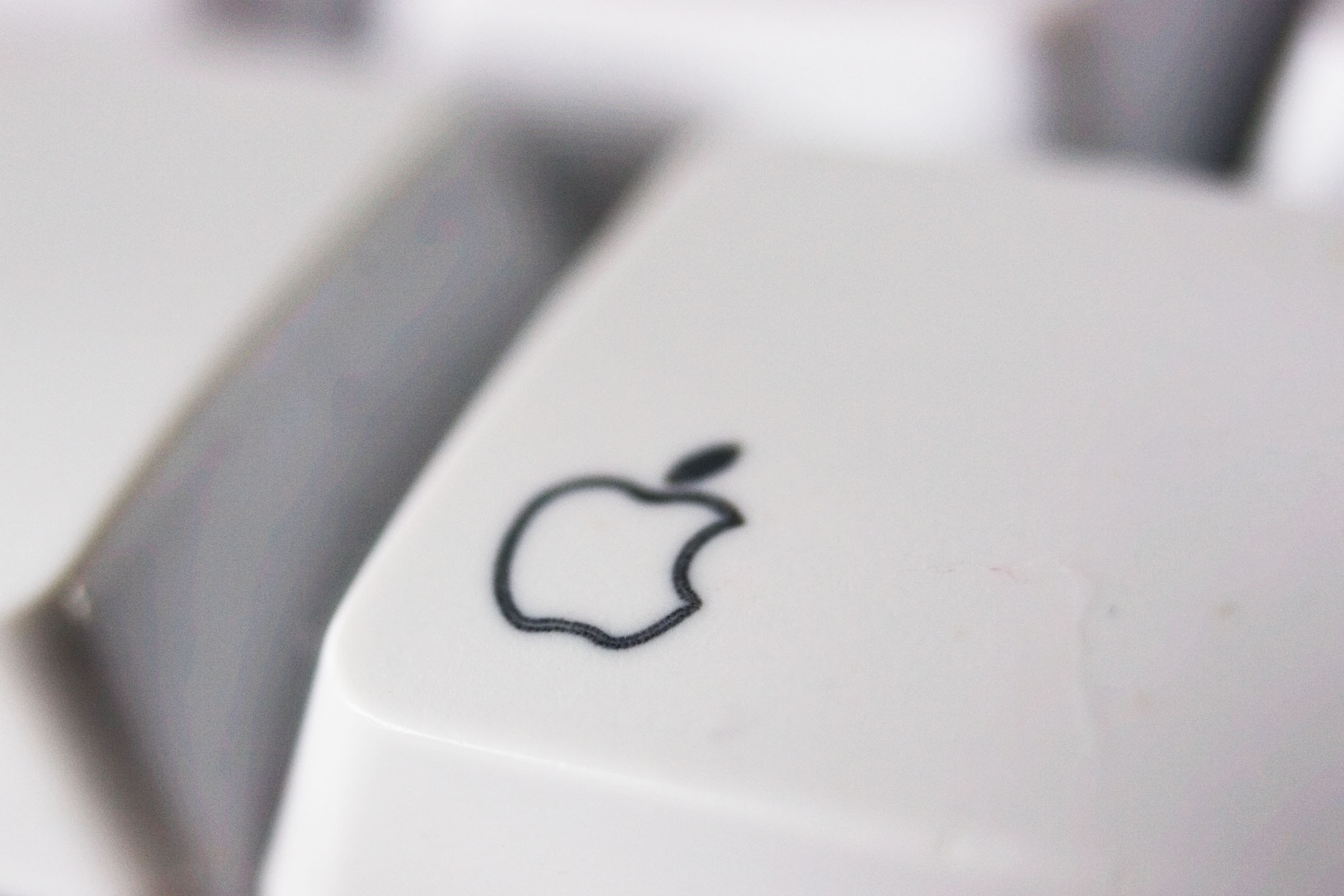Blame—or perhaps credit, depending on viewpoint—for corporate blogging’s impact on news reporting belongs to Vic Gundotra, Len Pryor, and Robert Scoble. (Robert claims to “have completely moved to social media“; he’ll be back, so I link to his blog.) These three people played pivotal roles bringing to life Microsoft’s Channel 9 blogsite, which launched a decade ago.
I am in process of restoring my blog posts made to TypePad during the last decade, starting with 2004. The process is manual, rather than automatic, so that I can check links and also get some sense of who I was then as filter for better understanding who I am now. This morning I reposted, unchanged, “Corporate Blogsite: Marketing Veiled as News“, from April of that year. A week earlier, Channel 9, which is that post’s focus, went live.











